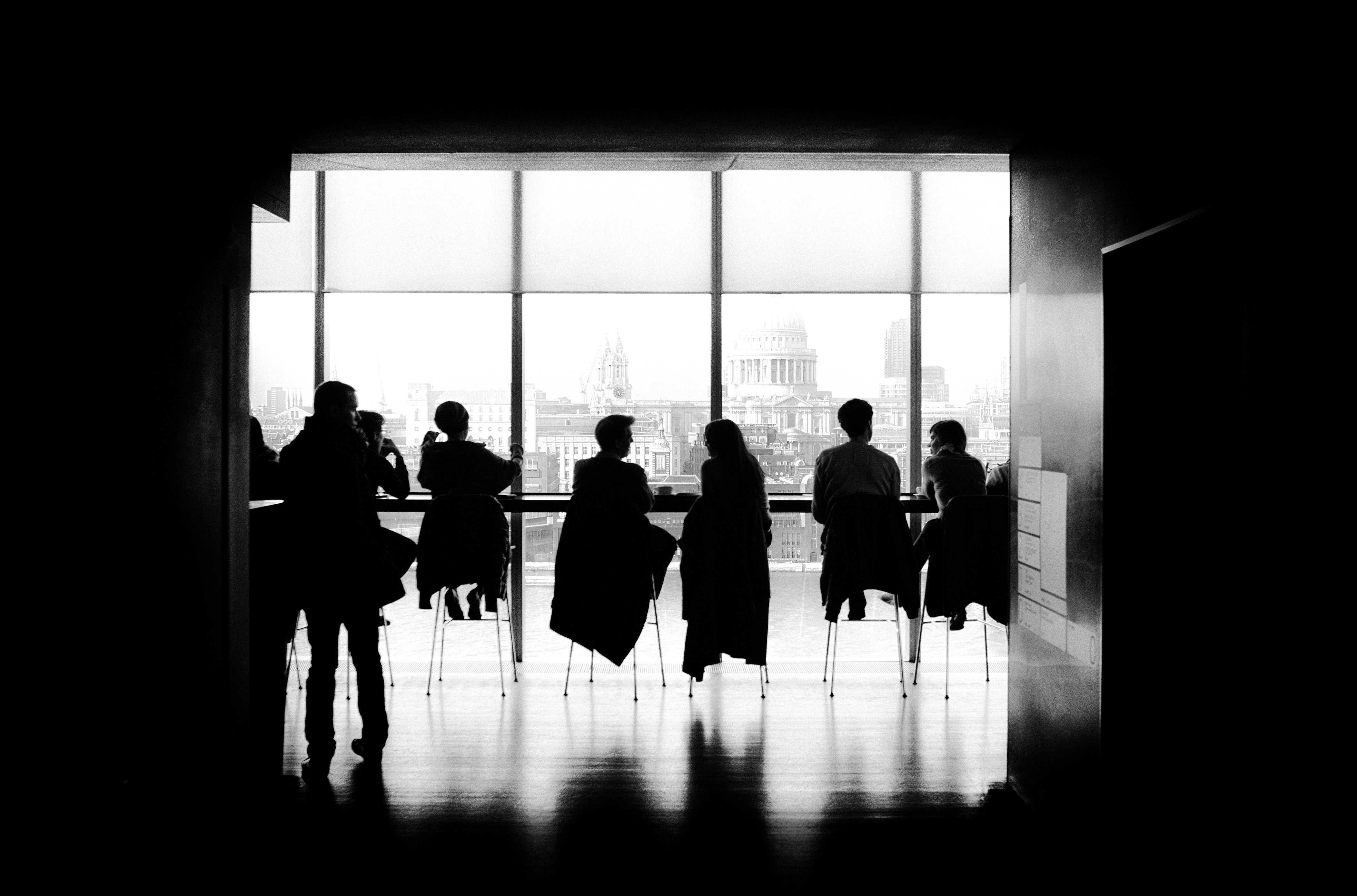Written By: John McLeish and Joe Gaynor, Student-at-Law
In Part one of this series, the goals of examination for discovery were discussed. This article will focus on the two uses of discovery evidence at trial. The majority of cases settle before trial, but for the few that do proceed to trial, the evidence the opposing party gave at examination for discovery is of critical importance. Rule 31.11 of the Rules of Civil Procedure dictates how evidence from an opposing party’s examination for discovery can be used at trial. There are two ways:
- Reading in questions and answers.
- For impeachment, if the opposing party gave a different answer at trial to the same question he was asked at examinations for discovery.
Reading In
Reading in questions and answers from an opponent’s examination for discovery is governed by Rule 31.11(1):
31.11(1) At the trial of an action, a party may read into evidence as part of the party’s own case against an adverse party any part of the evidence given on the examination for discovery of,
(a) the adverse party; or
(b) a person examined for discovery on behalf or in place of, or in addition to the adverse party, unless a the trial judge orders otherwise,
if the evidence is otherwise admissible, whether the party or other person has already given evidence or not.
The words “if the evidence is otherwise admissible” are important. A person being examined for discovery has to give answers within his knowledge, information, and belief. This is not the case at trial. At trial, a person can only give evidence within his direct knowledge. A person cannot give evidence regarding his information and belief. Information from another source is hearsay and belief is a person’s best guess. Neither are admissible at trial. An exception to this rule involves the discovery transcript of a representative of a corporation. The information and belief of the representative of a corporation given at examination for discovery may, in certain circumstances, be used at trial. The reason for this is that the representative of the corporation will not have direct knowledge of all facts relevant to the case. However, before examinations for discovery, the representative of the corporation has an obligation to inform himself of all relevant facts, by talking to colleagues and fellow employees of the corporation, and by reviewing relevant documents. To the extent that this information is given at examinations for discovery, in response to questions asked, it is, for the most part, admissible at trial.
Impeachment of Credibility
The use of discovery evidence for impeachment at trial is governed by Rule 31.11(2):
31.11(2) The evidence given on an examination for discovery may be used for the purpose of impeaching the testimony of the deponent as a witness in the same manner as any previous inconsistent statement by that witness.
For an example of how to impeach an opposing party, please see Appendix A.
At McLeish Orlando we conduct hundreds of examinations for discovery every year. The more experience a lawyer gets in conducting examinations for discovery, the more skillful she will become and the more effective use she will be able to make of discovery transcripts at trial.






